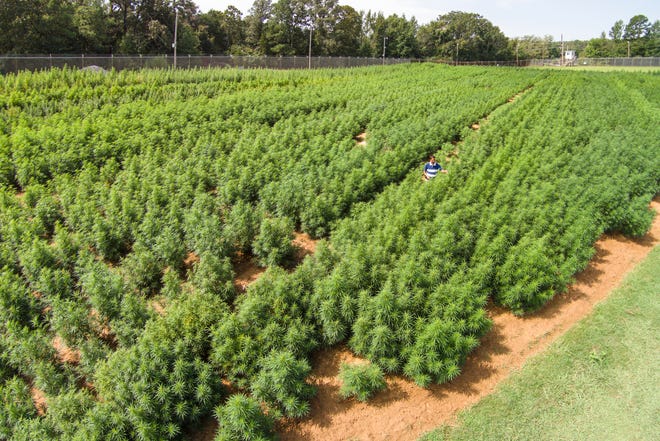A peer-reviewed study published in the research journal PLOS ONE demonstrates that MDMA-assisted psychotherapy is remarkably cost-effective when compared to currently available treatments for posttraumatic stress disorder (PTSD). It is estimated that a public healthcare payer or private insurer making MDMA-assisted psychotherapy available to 1,000 patients with PTSD would reduce general and mental health care costs by $103.2 million over 30 years. This treatment has not yet been approved by the FDA, does not work for everyone, and carries risks even in therapeutic settings.
Lead author Elliot Marseille, Dr.P.H., M.P.P., said, “MDMA-assisted psychotherapy is conducted by a licensed psychologist and trained clinician over the course of twelve sessions with three sessions lasting six or more hours. The cost of that time is not inconsiderable, but in just over three years, healthcare providers will break even on the costs of mental health and general medical care. These estimates are promising yet likely too conservative: the study did not measure the value of increased productivity or lower disability payments as patients recover from PTSD and is constrained by the limited availability of data on the long-term trajectory of PTSD. Further research will be needed to determine the full financial, personal, and societal benefits of MDMA-assisted psychotherapy for PTSD."
Berra Yazar-Klosinski, Ph.D., Deputy Director and Head of Research Development and Regulatory Affairs for MAPS Public Benefit Corporation and co-author, developed the treatment manuals governing MDMA-assisted psychotherapy. She notes, “A growing body of evidence suggests that MDMA-assisted psychotherapy is often more effective than currently available treatments for PTSD, a notoriously difficult-to-treat condition. Previous research has focused on safety and efficacy and indicates statistically significant improvements over currently available treatments with a reduction in symptoms for 82% of participants. This study should compel healthcare providers to include MDMA-assisted psychotherapy as a covered treatment for PTSD following FDA approval.”
Rick Doblin, Ph.D., Executive Director of MAPS and a study co-author, states, “The profound personal toll of PTSD can include a deterioration in physical health, relationships, and ability to participate in social activities along with the anxiety, insomnia, and suicidal ideation that mark the condition. By demonstrating a return of an average of 5.5 quality-adjusted life-years over 30 years, we have shown that MDMA-assisted psychotherapy has the potential to reduce more than the personal burden of PTSD, contributing to improved health outcomes and reduced healthcare burdens for payers and providers.”
The cost-effectiveness of MDMA-assisted psychotherapy from the U.S. healthcare payers’ perspective was constructed with a decision-analytic Markov model to portray the costs and health benefits of treating patients with chronic, severe, or extreme, treatment-resistant PTSD. Efficacy was based on the pooled results of six randomized controlled trials with the 105 subjects who participated in Phase 2 trials and a four-year follow-up of 19 of those subjects. Other inputs were based on published literature and on assumptions when data were unavailable. Results are modeled over a 30-year analytic horizon and conducted extensive sensitivity analyses. The model calculates expected medical costs, mortality, quality-adjusted life-years, and incremental cost-effectiveness ratio.










